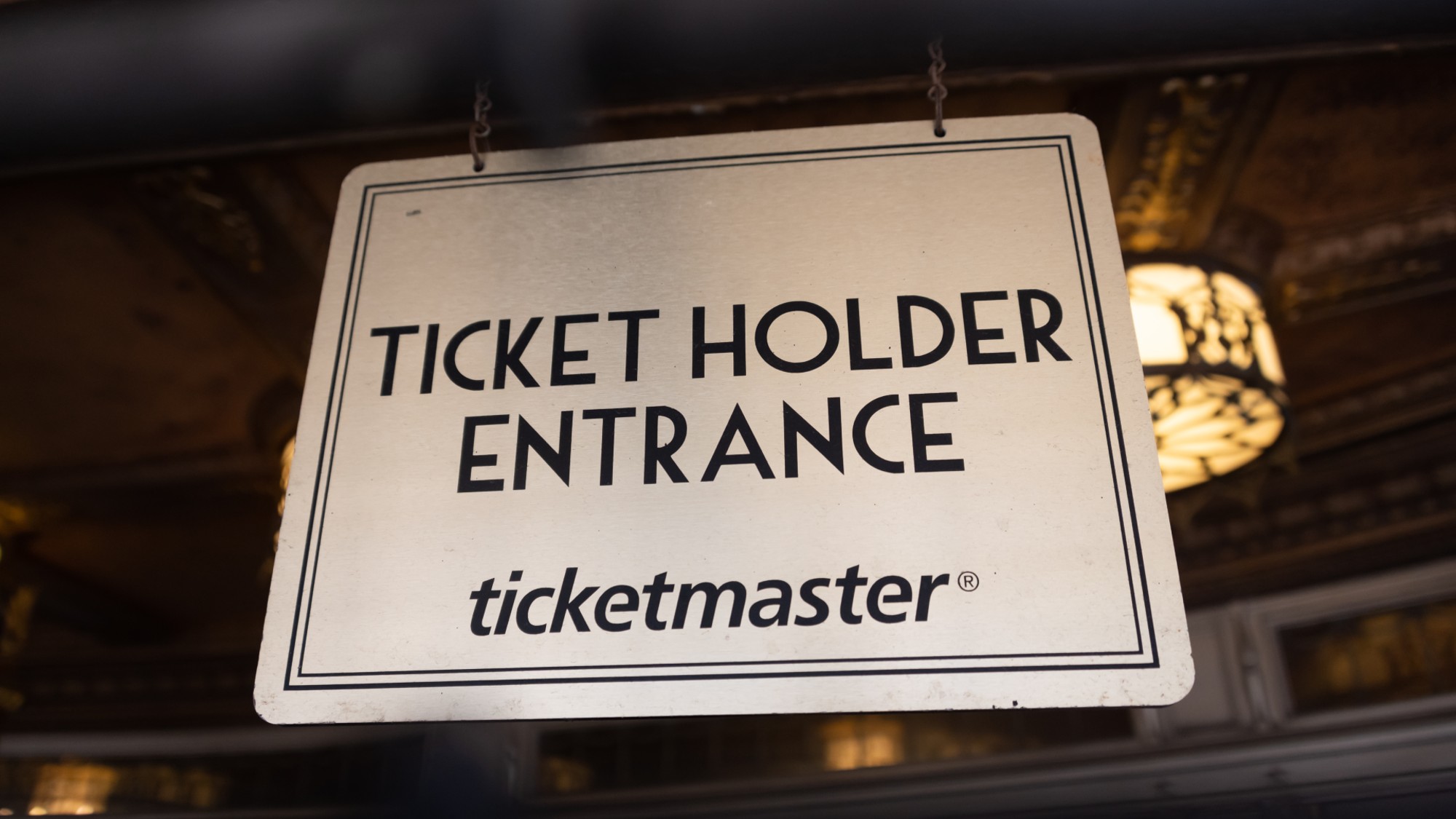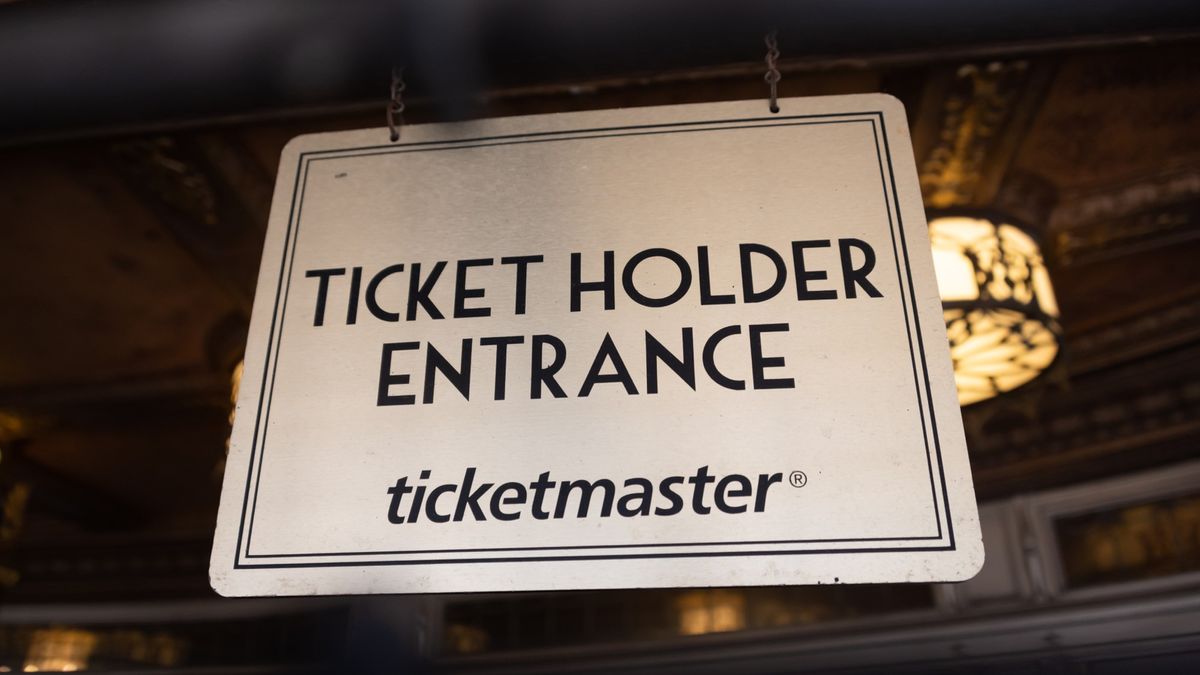Minnesota is making swift changes — literally. Following a series of controversial ticket mishaps surrounding Taylor Swift concerts, the Gopher State passed new legislation to help protect ticket buyers from ticketing platform chicanery. The legislation, signed on May 7 by Minnesota Gov. Tim Walz (D), is an effort to prevent ticket-selling companies and third-party resellers from engaging in deceptive practices against people looking for a night out.
The new rules will go into effect on Jan. 1, 2025, and represent the latest in a series of attempts by federal and state bodies to regulate ticketing organizations. Though the often-maligned TicketMaster is likely the first website that comes to mind, Minnesota’s new legislation applies to various ticket platforms and includes concerts, sports and other event types.
While Congress has yet been unable to pass recent legislation on ticket pricing, Minnesota joins Colorado and Maryland in having passed laws to protect ticket buyers. What do these state laws entail, and what is the federal government doing?
Subscribe to The Week
Escape your echo chamber. Get the facts behind the news, plus analysis from multiple perspectives.
SUBSCRIBE & SAVE
Sign up for The Week’s Free Newsletters
From our morning news briefing to a weekly Good News Newsletter, get the best of The Week delivered directly to your inbox.
From our morning news briefing to a weekly Good News Newsletter, get the best of The Week delivered directly to your inbox.
What does Minnesota’s bill entail?
The legislation, HF 1989 (named for one of Swift’s hit albums), makes several changes to ticketing rules in Minnesota. Ticket sites must now partake in “all-in ticketing,” meaning vendors “need to disclose the total ticket price including fees upfront,” the St. Cloud Times said. This will make tickets initially appear more expensive, but the price “now includes all of the previously hidden fees consumers did not see until checkout,” said the Times.
Additionally, HF 1989 bans “deceptive resale sites to curb buyers from unknowingly purchasing from someone that looks like a primary seller, but isn’t,” and also bans “speculative ticketing.” This occurs when a third-party seller tries to sell a ticket they do not actually possess. The legislation also outlaws the use of mass bot programs that attempt to dilute the ticketing marketplace.
People are “paying too many hidden fees while competing against exploitative third parties,” Walz said in a statement. The legislation ensures that “Minnesotans can purchase tickets for their favorite events without having to empty their pockets.”
What other states are passing ticket-buyer protections?
Maryland, like Minnesota, has passed legislation to give buyers leg room. The state’s SB 0539 requires the “listing for a ticket and each step of a transaction to purchase a ticket to disclose certain information, including the total price of the ticket.” The bill also prevents marketplaces from reselling tickets that violate the law and also requires a “ticket issuer, secondary ticket exchange or reseller to provide a refund under certain conditions.” SB 0539 was recently signed by Maryland Gov. Wes Moore (D) and it will “officially go into effect on July 1, just in time for those summer stadium concerts and games,” said CBS News.
Colorado is also in the midst of passing similar protections with HB 1378. This bill, which passed the state legislature at the beginning of May, would “[amend] consumer protection laws regarding ticket sales and resales for events.” It also “requires operators and resellers to guarantee refunds to purchasers of tickets under certain circumstances” and prohibits a venue from denying access to people who bought a resale ticket. HB 1378 now awaits a signature from Colorado Gov. Jared Polis (D). Polis vetoed similar legislation in 2023, but this bill contains a slimmer scope than the bill he previously shot down.
What are the feds doing about this?
There has not been significant federal legislation passed around ticketing since 2016. However, a proposed Senate bill, the Fans First Act, would “promote fairness in the sale of event tickets” by “increasing transparency in ticket sales, protecting consumers from fake or dramatically overpriced tickets and holding bad actors who engage in illegal ticket sale practices accountable,” said one of its sponsors, Sen. Amy Klobuchar (D-Minn.).
It was also reported that the Department of Justice will be suing TicketMaster’s parent company, Live Nation, for antitrust violations. Talks are in place to try and mediate a breakup of the company before this lawsuit occurs, but “based on the issues we know about, we don’t believe a breakup of Live Nation and Ticketmaster would be a legally permissible remedy,” Live Nation CFO and President Joe Berchtold said, per The Hollywood Reporter.


